I think that I read this chapter at least five times. One, it is very short at two pages and two, I was really trying to get the significance of this chapter. I have to say that I very well may need to reach as whatever was conveyed was very subtle. I feel like this chapter is grabbing at things already mentioned.
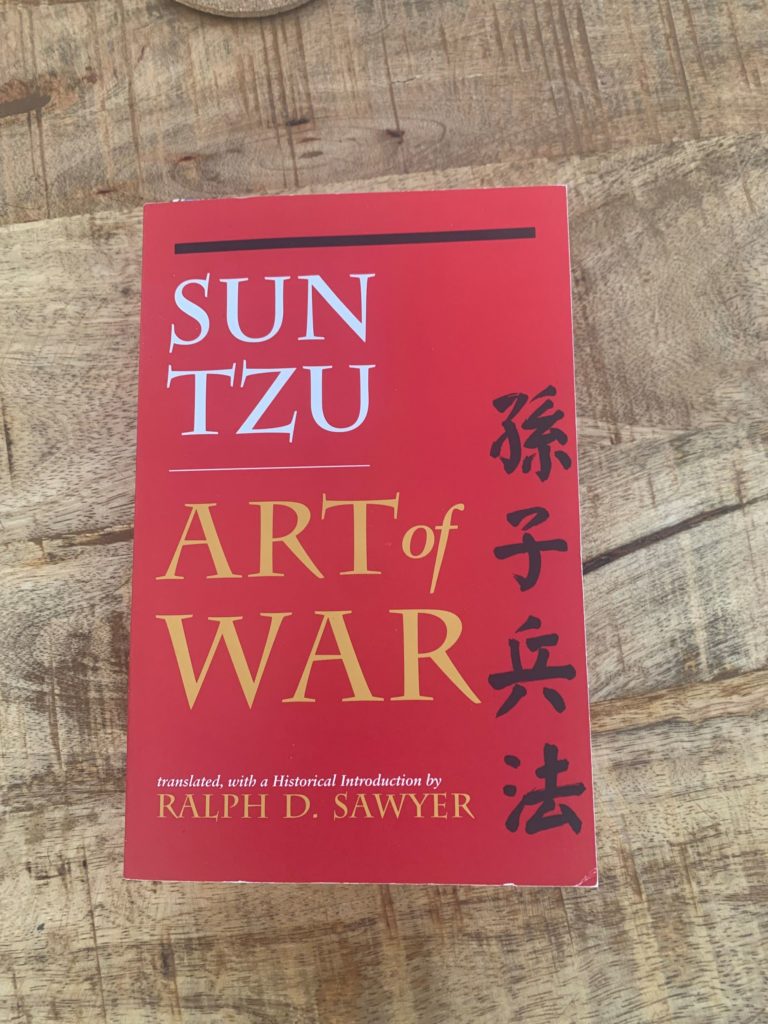
The list below are the key things that I took out of this chapter.
- first make yourself unconquerable, then you can conquer.
- If you can defend yourself then you can be victorious.
- first measurement, second estimation, third calculation, fourth weighing, fifth victory.
At first read, I thought the last bullet was the significant one. It is intended to be a progression. Measure what you can, then estimate the totality from the measurement, then calculate what that means in terms of strength, weigh your odds against your estimation and then you will be victorious. I was thinking about how I would write about this and the significance and I decided to read again.
I think bullets one and two are variations on each other. With more thought, I think that this is the significant message of the chapter. I am going to explain what I mean using an analogy that is not military related.
There is a lot of things that I am not. I am not a military man and I am also not a football man. That being said, I have watched the game for most of my life. So, while I don’t have first hand knowledge, I have heard many times how coaches hate the procedural penalties. Those would be offsides, false start, improper lineup and those sorts of things.
To the layman, it would seem like five yards is no big deal most of the the time. You don’t lose the down and it is half of the more severe penalties like 10 yards for holding. I feel that way anyway. But these are what the announcers always pronounce as adding up to beating yourself. Using Sun Tsu’s philosophy, you are much more likely to win if you don’t beat yourself.
I could be wrong, but I believe that Sun Tsu speaks in generalities. He has to be because using football again some teams still consistently win despite having too many penalties. The fact remains that when you look at the perennial champions they often rank in the lowest tiers for penalties. So, while it is not a guarantee that you will lose, the data says that it is statistically more likely. I have to believe that the same is true with war.
End Your Programming Routine: Whether it is playing football or investing for retirement, we cannot expect to consistently do well if we continue to beat ourselves. It may seem like common sense, at least it does to me but that may not have been the case 3000 years ago. We are fortunate to have most of the tools and information readily available so there really is no excuse to beat yourself in what you are pursuing.
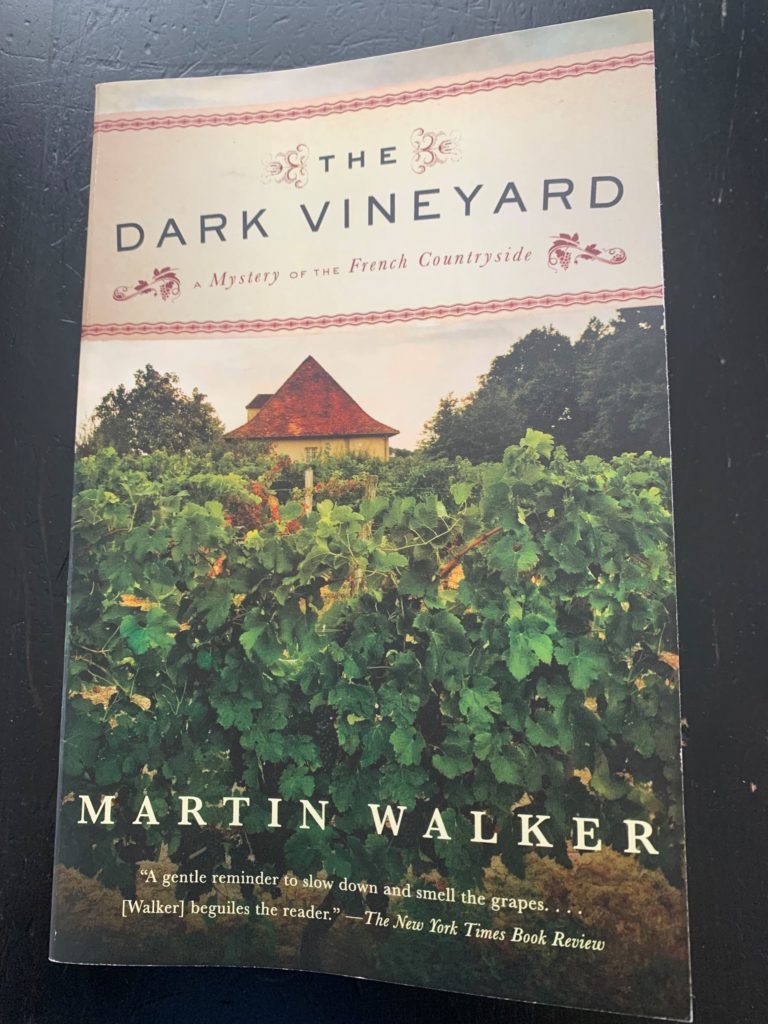
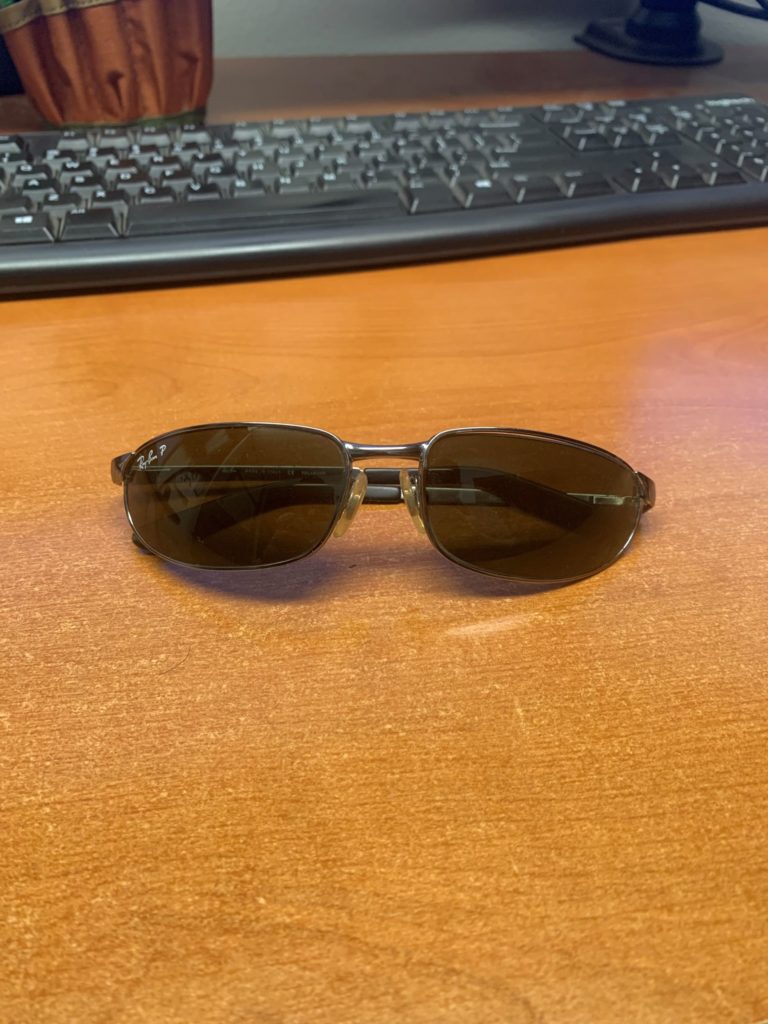
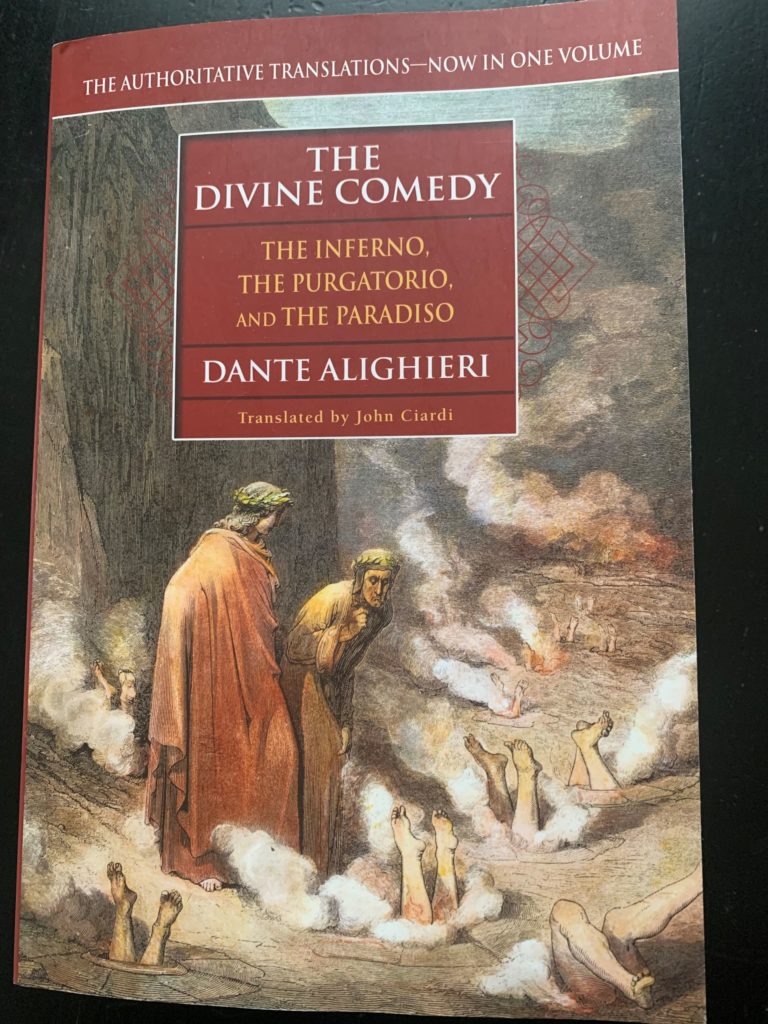
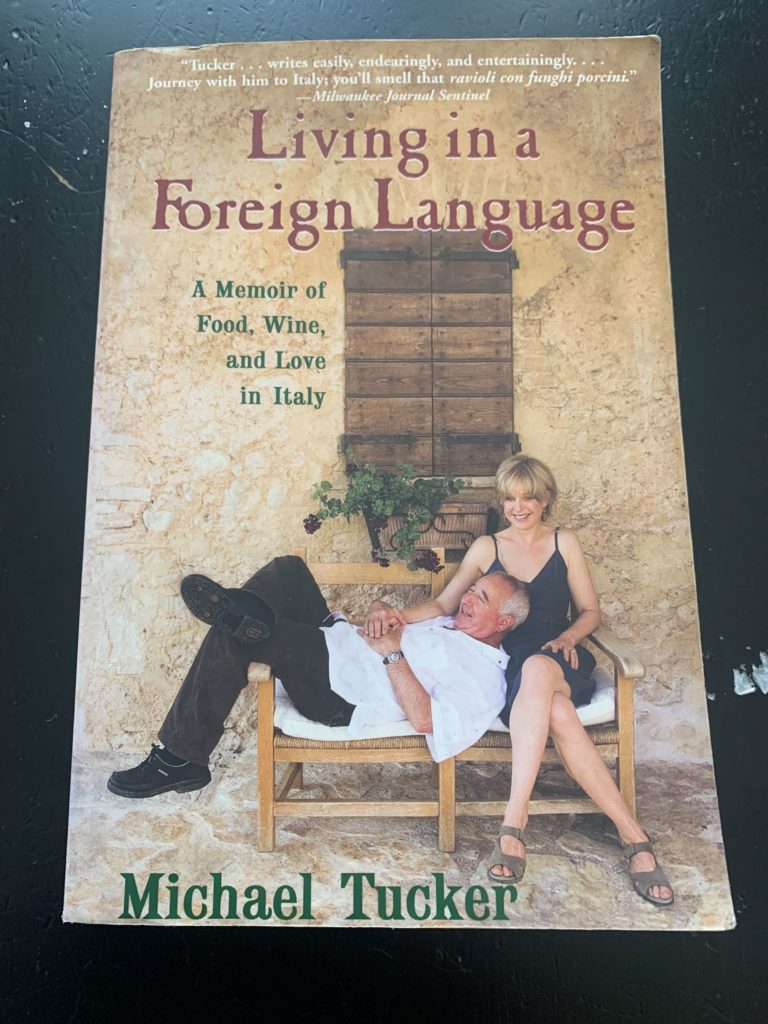
Recent Comments